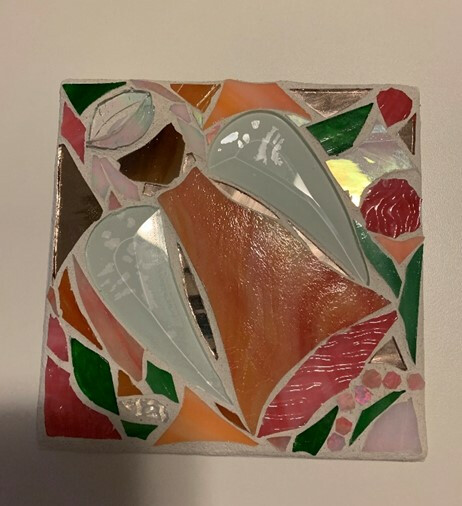Comparing and Contrasting Epiphany Experiences
This Sunday we will celebrate Epiphany. The word “epiphany” means some version of the word “revelation.” We might think of using the word in the context of having a burst of insight or inspiration or a good idea. Epiphany is actually a Greek word that literally means to “appear to” or to “shine upon.” In the Christian context, it refers to the star shining in the sky at Jesus birth, which revealed to wise men (magi) from the east (probably Persia) that a king was born. Those magi then traveled to visit the newborn Jesus and brought him gifts of gold, frankincense, and myrrh as an expression of homage. All this is recorded in Matthew 2:1-12, which will be our scripture focus this Sunday. Legend has it, the journey of the wise men took 12 days (which is whence the notion of “12 Days of Christmas” comes). Thus, January 6 is Epiphany day in the Christian calendar. It represents the arrival of the magi to the manger and in some Christian traditions, it is observed as the more accurate Christmas.

There is another aspect to Matthew’s epiphany story that we will not have time to cover this Sunday. It is the role of King Herod. Herod was the existing Jewish king at the time of Jesus’ birth and when the wise men arrived in Judea after 12 days of journeying, they went right straight to Herod’s palace. They simply assumed the newborn king was really a future king; the son of the existing king. This, however, was not the case, and Herod’s first reaction to learning that a new king was born was fear (“When King Herod heard this, he was frightened…” MT 2:3). But pretending to want to pay homage to the new king, Herod convinced the magi to look for Jesus and upon finding his location, to come back and tell him. Really, however, Herod wanted to eliminate Jesus as a potential threat to his power. So once the wise men found Jesus, they were warned by God not to return to Herod and they want back home by another road. When Herod found it that he had been tricked, he ordered the immediate killing of every male child born within the last two years as a most cruel, evil and desperate attempt remove Jesus as a threat to Herod’s throne.
Something to think about this week, as we stand between the aftermath of Christmas and the start of a new year:
Both the Magi (the “wise men from the East”) and King Herod were confronting with the in-breaking of God into their lives (Matthew 2:1-12). Yet each stands in stark contrast to the other.
The magi and Herod represent two responses to the in-breaking of God into our personal lives. Neither was expecting Jesus to be born. None of them were anticipating their lives changing. Yet the arrival of Jesus into the world represented change for all of them. The magi responded by accepting the change; embracing it. They were willing to start a new journey. They were patient on that journey and didn’t give up, even though it lasted a long time and they didn’t know exactly where they were going. But they trusted in the one guiding them and were even willing to ask for help along the way. And ultimately, they were drawn closer to God; closer to Jesus the Christ.

Herod, however, was not willing to change. He was not able to accommodate the addition of Jesus into his life as he knew it. Herod only saw change as a threat and because of this, he doubled down on protecting what was his, regardless of who had to be sacrificed in the process. In the end, not only was he far away from God and Jesus the Christ, thousands of innocent people suffered as well. There is never an indication in the scriptures that Jesus didn’t also come for Herod. But Herod’s own reluctance to accept the change that comes with welcoming Christ into our lives, made it impossible for him to see that.
Every year, Jesus appears to us again at Christmas, Epiphany and at the dawn of a new year. And every year the question is not, “Do you want to have Jesus the Christ part of your life?” But rather, “Are you willing to accept the changes to your life that Jesus the Christ brings?” Herod and the magi present two contrasting answers to that question. But only one of them life-giving – for us and for all.
Blessings – Michael



